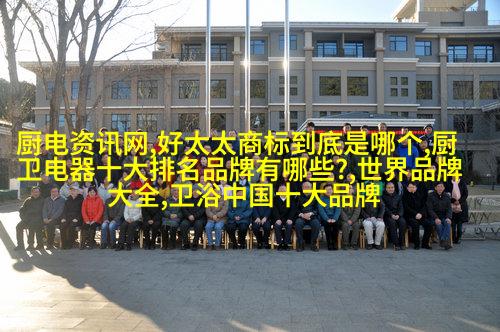引言

随着人口的快速增长和城市化进程的加速,全球各地都面临着严重的交通问题。传统的交通方式已经无法满足日益增长的人口对出行便捷性和效率要求。智能交通系统(ITS)作为解决这一问题的一种重要手段,其威力不仅体现在技术上,更在于它能够有效地改善城市运输体系,提高资源利用率,减少环境污染,并且提升市民生活质量。
1. 智能交通系统概述

智能交通系统是一套集成多种先进信息技术、通信技术和自动化控制技术于一体的综合管理平台,它通过实时监控和分析道路情况,为车辆提供动态导航信息,从而实现高效、绿色、安全的地面交通流动。在这个过程中,ITS展示了其强大的“威力”,使得传统单向单点管理模式逐渐被替代。
2. ITS在减少拥堵中的作用

拥堵是现代都市生活中常见的问题之一。智能交通系统通过采用信号灯优先排放算法、实时流量预测模型等措施,可以精准掌握路网状况,对流量进行合理分配,以避免或缓解拥堵。这意味着ITS具有显著地降低车辆排队时间、增加道路容量以及提高整体运输效率的能力。
3. ITS如何应对特殊事件

自然灾害如洪水、高温等极端天气条件,以及人为因素如事故发生,都可能导致道路关闭或通行受阻。ITS能够及时收集数据并处理这些信息,以便迅速调整信号灯周期,使得剩余通道尽快恢复正常运行,这些都是ITS在应对突发事件中的“威力”所展现出的效果。
4. 用户参与与互动性增强

用户参与是智慧城市建设不可或缺的一环。在使用ITSmobile应用程序可以帮助驾驶者获取即时路况更新,同时也可反馈自己的旅行经验供后续分析。此外,一些市民还可以通过手机应用程序预约停车位,这样的互动性增强了公共服务质量,同时也促进了社区之间更加紧密的人际联系与合作关系。
5. 数据共享与协同工作机制建立
为了更好地实施和维护ITSpromote数据共享成为关键策略。这不仅涉及政府部门间,还包括企业、私营部门以及研究机构等多方合作。这种跨领域协作有助于建立起一个全面的视野,从而进一步提升整个ITSystems性能,并最大限度地发挥其潜能。
6. 安全性的考虑与挑战
尽管拥有许多优势,但任何大型项目都会伴随风险。而对于ITSwill be the security concerns of data privacy and potential cyber attacks become increasingly important, as these systems rely heavily on information technology infrastructure.The implementation of robust encryption methods, strict access control policies and regular system updates are crucial in mitigating these risks.
Conclusion
The future of urban planning is not just about building more roads or expanding existing ones; it's about creating smart cities that can adapt to the ever-changing needs of their inhabitants through intelligent transportation systems like smart traffic lights, real-time traffic monitoring, and advanced public transit management systems.
Smart Traffic Systems have proven themselves to be a valuable tool in managing urban mobility by optimizing traffic flow, reducing congestion, improving safety standards and enhancing overall quality-of-life for citizens.
Moreover, such technologies foster collaboration between government agencies, private sector entities and research institutions which leads to better decision-making processes that consider multiple perspectives from different stakeholders.
As we continue to face challenges related to population growth and environmental sustainability in our cities' development strategies should prioritize investment into innovative solutions like Smart Traffic Systems which offer significant benefits in terms of efficiency resource conservation while also promoting a greener environment for future generations




